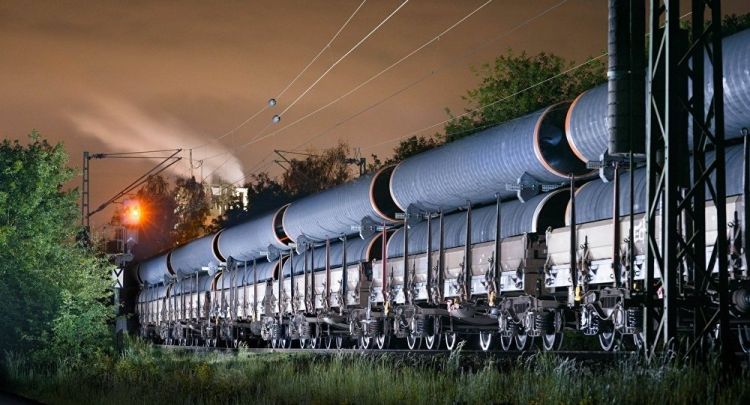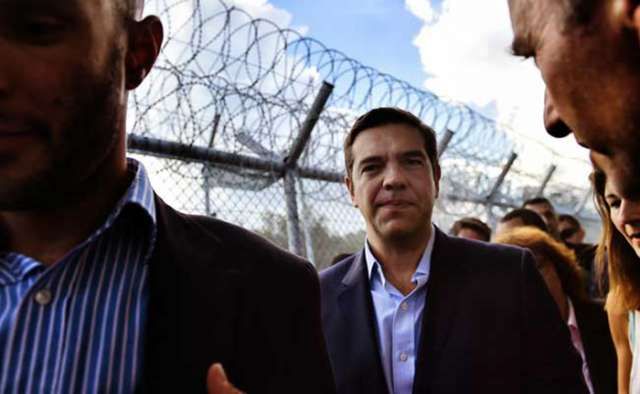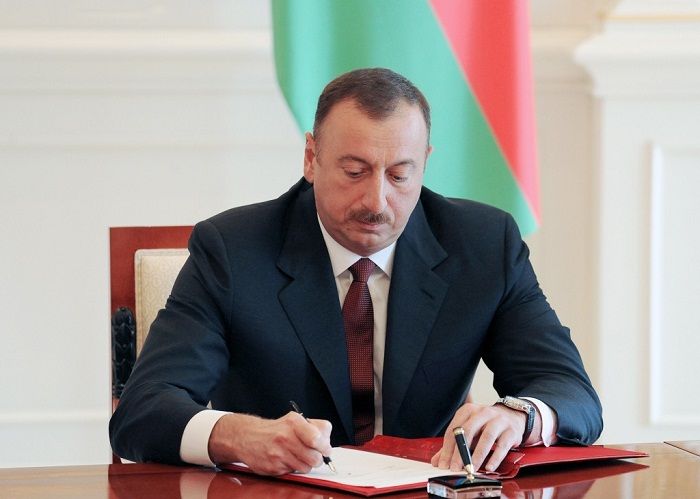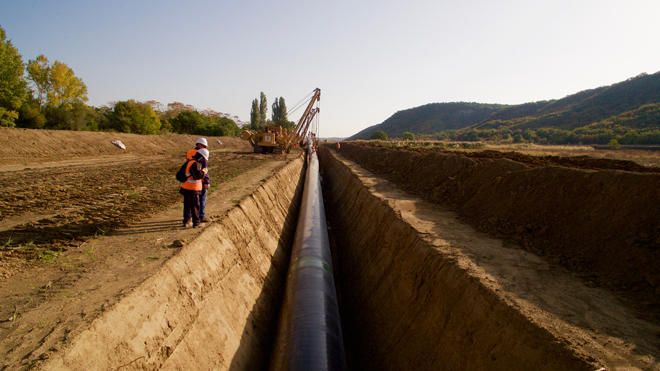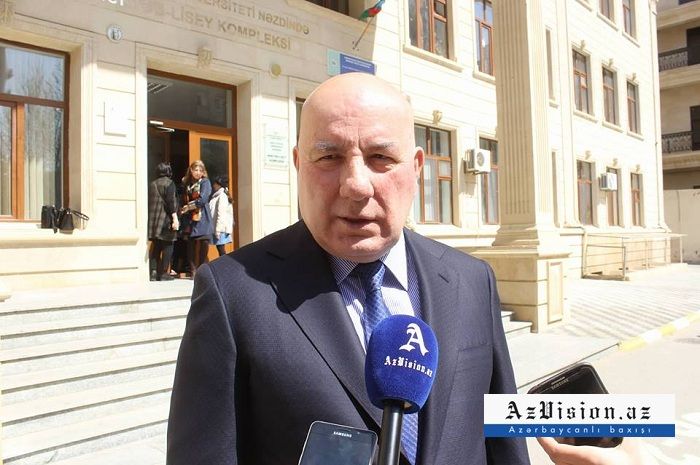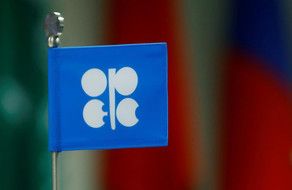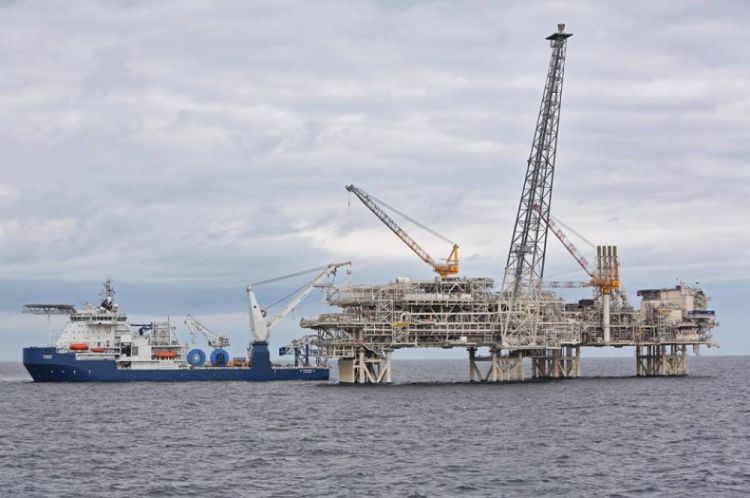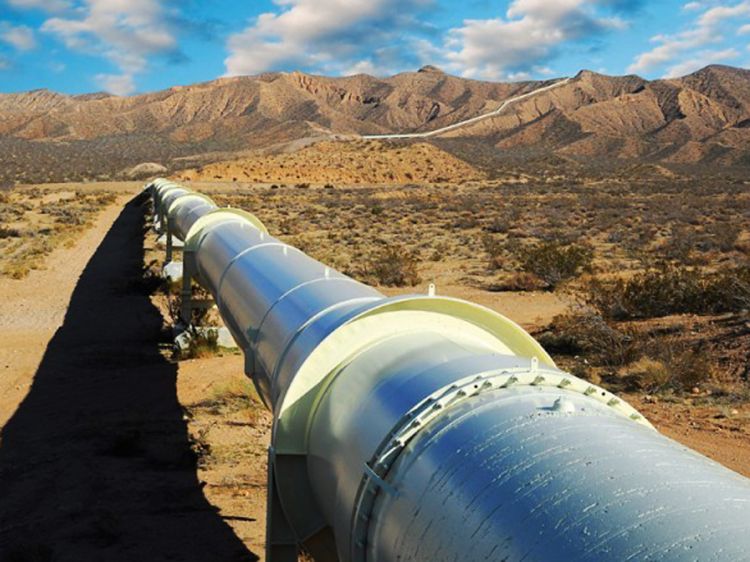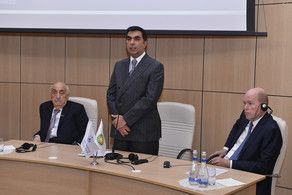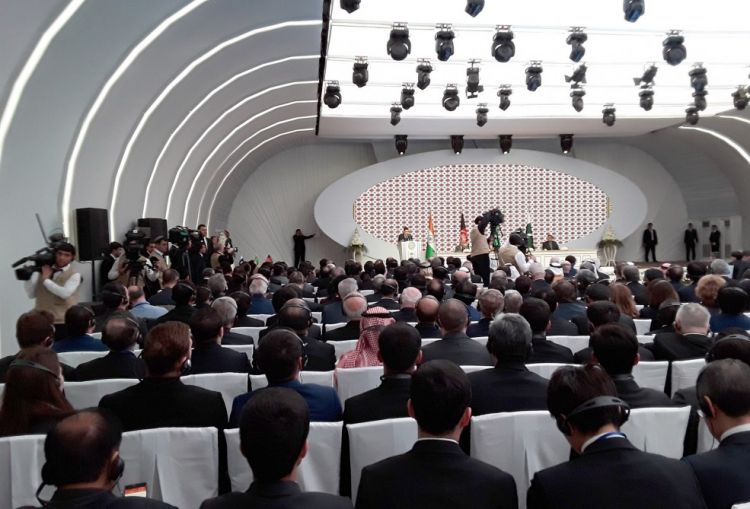Sputnik discussed the matter with Peter Schulze, a political science professor at the University Of Gottingen.
Sputnik: The two leaders agreed that Nord Stream 2 is profitable for both nations. How lucrative is it for Germany and why does Berlin keep sticking to it despite pressure from Washington and Brussels?
Peter Schulze: We've have very good, profitable and reliable energy cooporation between Russia and formerly with the Soviet Union, basically since the middle of the 1970s. There was never a real problem with energy security and transport to Germany; the problems started in 2004 and 2005 onwards, with Ukraine, but there was a kind of solution found with the interference of the European Union. So basically energy corporation with Russia is a tradition in Germany; it creates certainty and security for our industry, for our economy. Therefore, I think, after building Nord Stream 1, with about 33 to 35 billion cubic meters per year in transport, there was an idea of increasing the pipelines, and when Nord Stream 2 is built, we will receive about 100 billion cubic meters per year; this would make up 30% to 40% of our total energy consumption. So it's a very important project, because gas is an energy source which will become even more important after the nuclear power plants are shut down in 2022, and the reactors will be phased-out by 2030.
Sputnik: The United States is reportedly working on sanctions over the Nord Stream 2 project, what effect could this pressure have?
Peter Schulze: It will hit big corporations that are working on the project. Trump is basically continuing a policy which was already initiated during the Obama administration, but the Obama administration shied away because the project was not in operation. But Trump is thinking less geopolitically than geo-economically; this means, basically, he considers himself as a kind of representative for American energy corporations, which are in the business of shale gas and shale oil, and they want to consider the European market as a market for themselves. Of course, here the pipeline, North Stream 2, is a factor which they want to remove, and the French, Dutch and German corporations that are working on the Nord Stream 2 project, they also have business in the United States.
Here it becomes a problem and politics cannot solve it, politics are helpless against sanctions, which are hitting basically European corporations in their business activities in the United States, and this is a threat. I think that the European Union and the member states, like France and Germany, for the first time stood up for their political responsibility and issued a very clear and strong statement that they will protect the European ministries and corporations, but you can do very little with regard to the American market. We see already a similar phenomenon, for example, in the Iranian situation, that French and German companies like BSF, Total and Mercedes-Benz have gone because of the threat of American administrative sanctions. So I think the United States will go on and will try to limit cooperation and the activities of German, French and other European corporations in the Nord Stream 2 gas project, and they cannot be ended and they cannot be contained.
Sputnik: Let's talk about the Syrian crisis; Mr. Putin and Mrs. Merkel discussed the possibility of the creation of Russia-Germany-France-Turkey format talks on the crisis in Syria, what are the prospects of this kind of cooperation?
Peter Schulze: I think and I hope that this kind of cooperation will bear fruit; the issues is a much more political one: what happens with the present administration of the government of Syria. Germany and the European Union have an existential interest in peaceful development when the war ends, for the reconstruction of the economy and for the political stability in Syria. I think that this is a kind of overarching interest for Russia and Germany, the other European Union members and Turkey, of course; they will in the end shape solutions for a better life and the stabilization of Syria after the end of the war.
Karabakh Today
